Hell’s Kitchen
My ambition to open a fish and chip shop in Mogadishu has not happened yet, though I remain optimistic. Food, I’ve decided, is the thing to go for on my next entrepreneurial adventure. For a while I dreamed of going into the chicken trade, importing refrigerated containers full of wings and drumsticks from Brazil for sale up the furthest reaches of the Congo. Fortunes have been made in brokering African chicken deals. But so far my forays into the food business have not gone very well. I tried, for example, to sell pots of honey with my friend Tom at various local fêtes. We branded our product rather esoterically as ‘Honey For Your Sexy’ (this was Tom’s idea) and we ended up with hundreds of unsold jars of the stuff, which I dumped in a friend’s attic.
Now what I know is that food is big business in disaster zones. In Somalia I remember an eccentric Antipodean called Morris, who won the contracts to feed all peacekeeping forces in Cambodia and Somalia. He used to race around Mogadishu in a Saracen armoured personnel carrier emblazoned with his company symbol, a crossed fork and spoon. Morris was like a character in a Bond movie and he was minting it. All went well until he rashly entered the lobster business, at which point Islamists keen to maintain their monopoly over marine crustacean exports assassinated him.
Food and disasters got me thinking and now I have launched an enterprise with my chum Ken, a Scottish adventurer and entrepreneur. Many years ago he appeared in Africa selling heavy dub and roots vinyl records. He wound up doing logistics for Norwegian People’s Aid in South Sudan, where he saved countless thousands of civilian lives during the war against Khartoum. Ken has done food airdrops and convoys into the most remote parts of the Equatorial belt. When the last war ended, he went into private trade and he’s sold everything in Africa from sangria wine to water-purification chemicals. Together we’ve made some humdinger road trips across the continent, including a pilgrimage to the bombed-out brewery in Wau and a safari to the rebel-held Nuba Mountains. Our new project is to supply field rations to humanitarian organisations in hard-to-reach hotspots.
I’ve covered war zones for decades and the one thing I know is that what gets you through the day is a nutritious, precooked field ration. So I’ve opted to become a caterer. Do I miss the excitement of being a hack reporting news? Not at all. I am all fired up to get out there and sell you bulk supplies of our spicy vegetable rigatoni, chicken dopiaza curry — and, a favourite of mine, the ‘all-day breakfast’ in a bag (16 per cent average minimum meat content). We all know an army marches on its stomach — but what about hardworking aid workers or disaster victims? We aim to keep them happy in the hellholes they must endure.
The idea is to make quality available in the toughest places. It’s grossly unfair to expect aid workers, peacekeepers and hacks in hotspots to consume bad food. For long periods I’ve survived off field rations and in my opinion they’re generally not nice nosh: there are the compo ‘rat packs’ and MREs — the US military’s Meals, Ready to Eat (sometimes dubbed Meals, Rarely Edible). In Rwanda I ate Unamir peacekeepers’ cassoulet just about every meal for 100 days of the genocide and the reek of death mixed with casserole means that even today I retch at the sight of haricot beans. In Somalia we used to loot the Italian forces of their rations, which included cognac minis, or the Foreign Legion packs, which had wine. OK, so we’re not offering you a sachet of claret to go with your Lancashire hotpot — but this is good scran.
I want to do for field rations what Jamie Oliver did for school dinners or what Hugh Fearnley-Whittingstall has taught us about poultry. We’re going to make your Red Cross suppers so appetising you will never want to leave that refugee camp. You’ll miss Afghanistan. Your memory of Haiti will be of a grande bouffe, not a hardship posting. If you happen to find yourself in the region over the next few weeks, drop me a line and I’ll give you a tasting session on the Nile. All day, every day is breakfast time.
Got something to add? Join the discussion and comment below.
Get 10 issues for just $10
Subscribe to The Spectator Australia today for the next 10 magazine issues, plus full online access, for just $10.


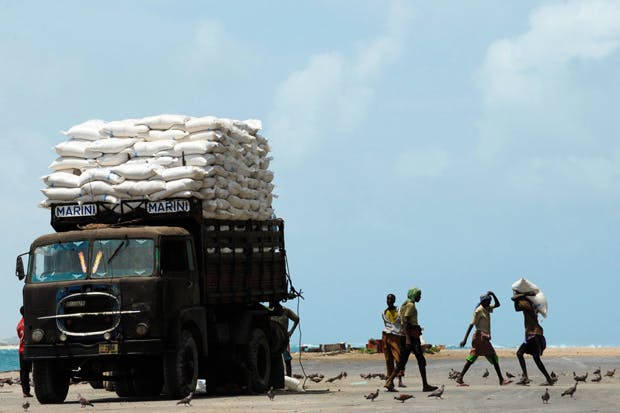
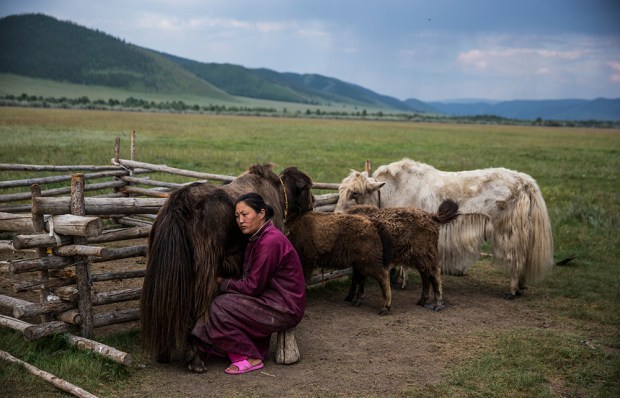
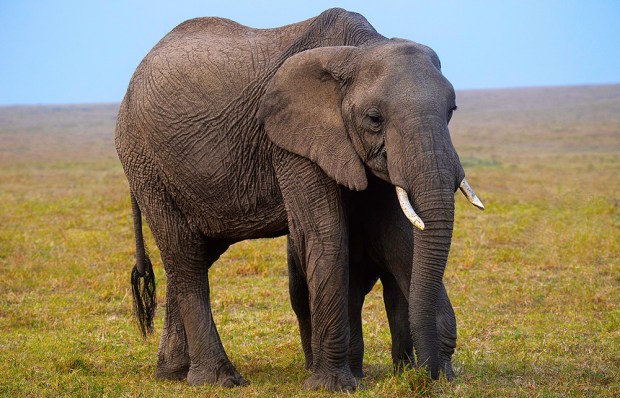
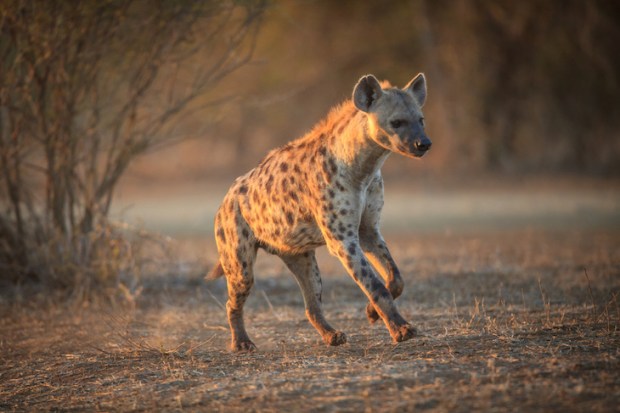
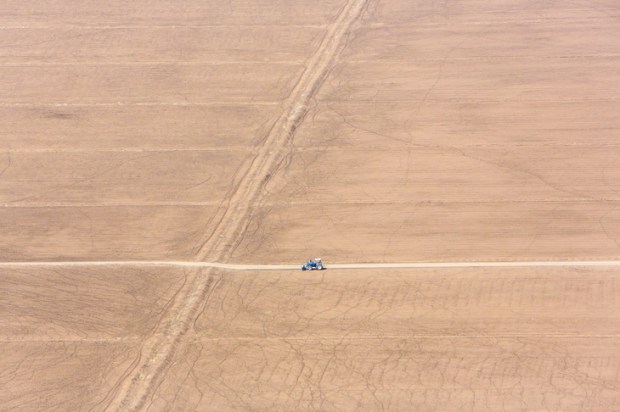
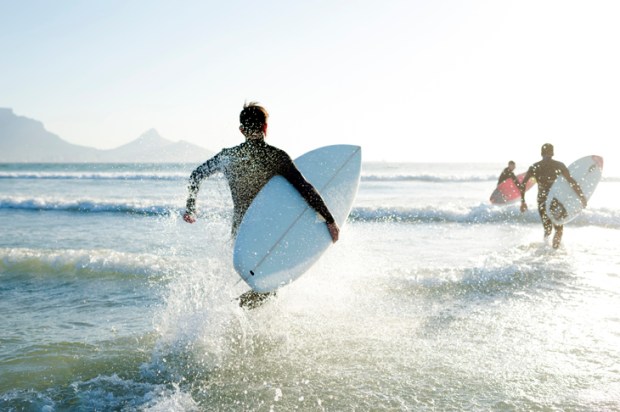
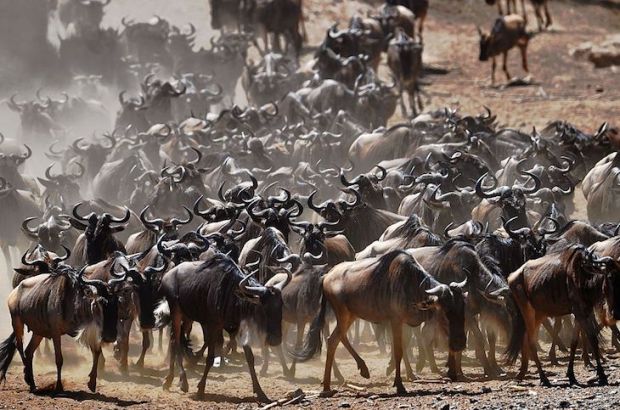






Comments
Don't miss out
Join the conversation with other Spectator Australia readers. Subscribe to leave a comment.
SUBSCRIBEAlready a subscriber? Log in